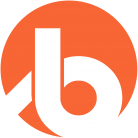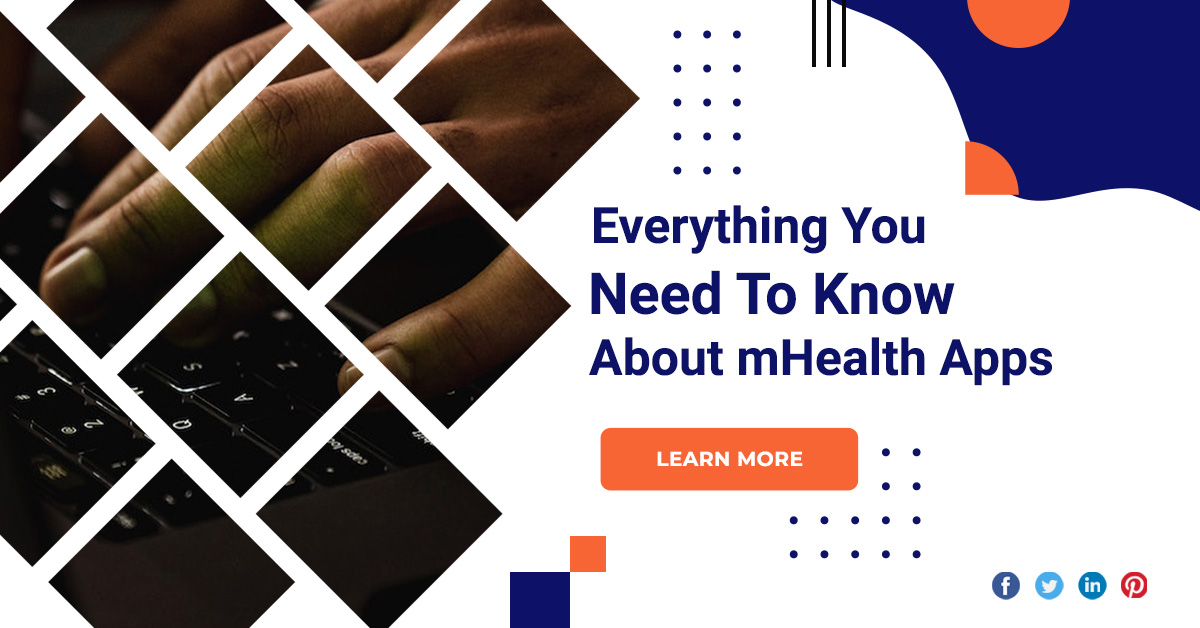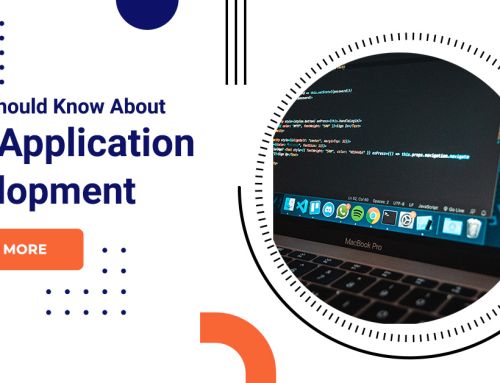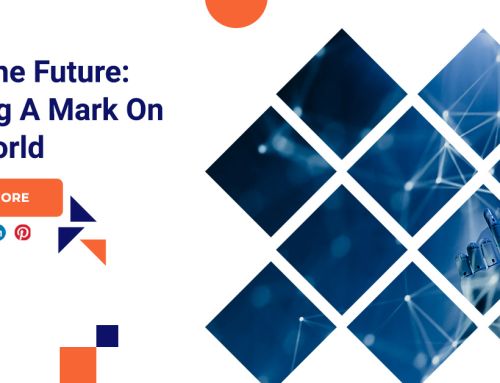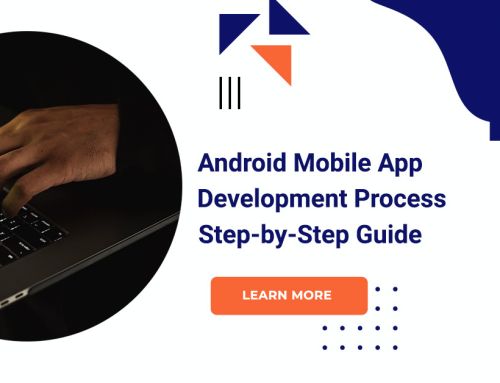Everything You Need To Know About mHealth Apps
A pretty good chance you are one of the 70% of Americans who use some form of mobile health app every day. Even so, whether you’re the patient or the doctor, there’s also a pretty good chance that mHealth apps remain something of a mystery to you. After all, with such a wide ocean of different kinds of mHealth apps out there, it’s hard to know where to cast your net and find the information you need.
mHealth apps
Clinical assistance apps
Clinical assistance apps have various functions, such as allowing doctors to check EHRs or access lab results during an appointment. These apps may also allow for image viewing and patient education, so a doctor can use them during an appointment to illustrate the information he or she is giving to a patient.
Monitoring apps
Monitoring apps allow a doctor to keep an eye on the behavior or symptoms of a patient remotely. For example, a patient could use an app to take an ECG and then send the results to his or her doctor. Monitoring apps also give doctors telehealth capacities, an increasingly popular option right now.
Reminder apps
Reminder app that can be used as a way to remind patients of appointments or when to take medications, for example. Sometimes reminder apps come as part of an EHR package or as part of a larger app, but they are also available independently.
Reference/database apps
Reference app allows doctors to look up drug dosages or symptoms. It is quickly replacing older databases, and taking the spot once held by large reference tomes.
Healthy life apps
A category that encompasses fitness and diet apps, as well as other types of apps, healthy life apps are largely used by patients rather than by doctors. They are probably the most popular mHealth apps, especially those focused on fitness.
Efficiency/communication apps
Efficiency/communication apps, which allow doctors to communicate within and between medical facilities, foster interoperability, collaboration, and, ultimately, better patient care. They also allow for a more efficient workflow in the medical practice, something many doctors are striving for.
General facility information apps
These are apps developed by a particular practice, usually a hospital. General facility apps give patients and family members general information about the facility, the services it offers, and amenities it provides. An app could include maps of the hospital and surrounding neighborhood or lists of available doctors at the facility, among other things.
Patient portal apps
Another up-and-coming type of app is the patient portal app, which gives patients mobile access to their own electronic medical records and allows for easier patient-doctor communication.
Conclusion
We have worked on several versatile mobile healthcare apps. Our aim is to help providers and medical organizations develop top-notch healthcare apps that customers would embrace.
